RSS

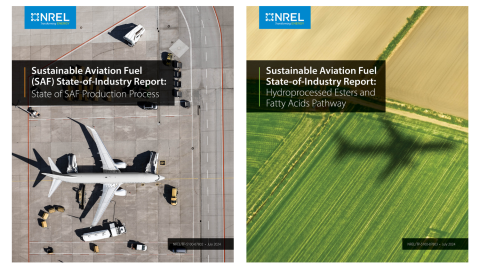
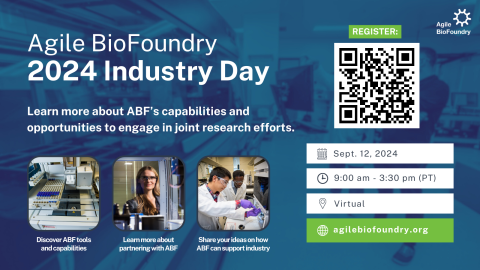

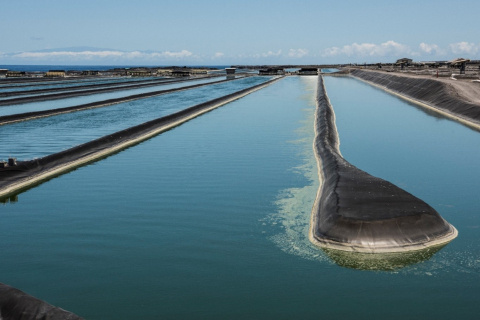
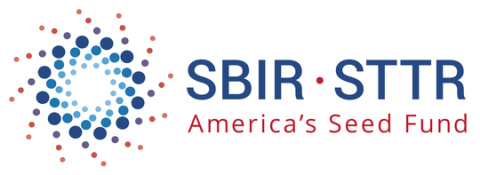
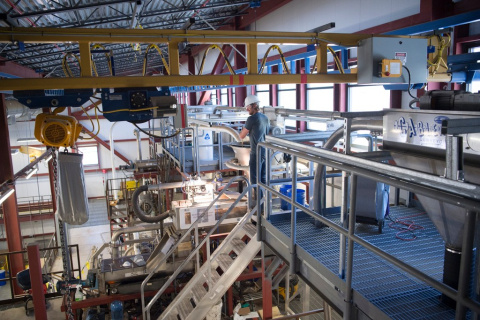
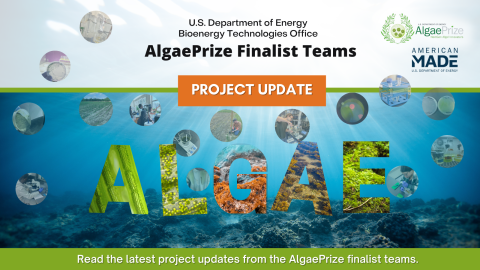
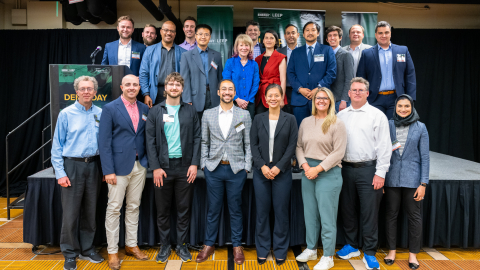
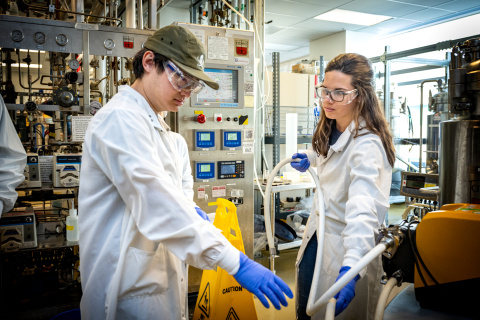

The U.S. Department of Energy (DOE) Bioenergy Technologies Office (BETO) is seeking a dynamic and experienced individual to join the Data, Modeling, and Analysis (DMA) subprogram as a Technology Manager (General Engineer/GS-0801-14 or Physical Scientist/GS-1301-14). BETO’s DMA subprogram supports research, analysis, and tool development to address the economic and environmental dimensions of bioenergy and bioproducts.

The National Renewable Energy Laboratory (NREL) in partnership with the U.S. Department of Energy (DOE) Bioenergy Technologies Office (BETO) released the first two parts of the Sustainable Aviation Fuel (SAF) State-of-Industry Report.

The U.S. Department of Energy (DOE) Bioenergy Technologies Office’s (BETO) Agile BioFoundry (ABF) will be hosting its 2024 Industry Day on September 12, 2024, from 9:00 am - 2:30 pm PT (12:00 pm - 5:30 pm ET). Join ABF virtually to learn more about their capabilities and potential opportunities to engage in joint research efforts.

The U.S. Department of Energy (DOE) Bioenergy Technologies Office (BETO) has released a Request for Information (RFI) to provide industry and government with information to guide further innovation of cleaner and more efficient wood stoves and the best use of renewable wood feedstocks. Specifically, the Residential Wood Heater In-Situ Testing RFI, seeks feedback from industry, academia, research laboratories, government agencies, and other stakeholders to define the goals and objectives for a planned effort to collect wood heater performance data in the field.

A new report from the U.S. Department of Energy (DOE) national laboratories investigated the economic and environmental implications of siting and deploying large-scale microalgae farms for cultivation and conversion to biofuels and bioproducts. The report, “Economic, Greenhouse Gas, and Resource Assessment for Fuel and Protein Production from Microalgae: 2022 Algae Harmonization Update,” was developed by Argonne National Laboratory, National Renewable Energy Laboratory, and Pacific Northwest National Laboratory, with funding from DOE’s Bioenergy Technologies Office (BETO).

The U.S. Department of Energy (DOE) announced awards for the FY24 Phase I Release 2 of the Small Business Innovative Research (SBIR) and Small Business Technology Transfer (STTR) program. Across DOE, 229 projects in 39 states received $52 million to pursue energy research and development (R&D), and eventual demonstration projects. The Bioenergy Technologies Office (BETO) selected 13 small businesses working to accelerate bioenergy R&D as part of this announcement. The companies, located across 10 states, have been selected to receive up to $206,500 each for this Phase I SBIR award. Of the 13 BETO awards, six are first-time awardees, four are located in Historically Underutilized Business (HUB) Zones, two are in socially and economically disadvantaged areas, and one is a woman-owned business.

The U.S. Department of Energy (DOE) Bioenergy Technologies Office’s (BETO’s) Feedstock-Conversion Interface Consortium (FCIC) today announced their intent to issue an Industrial Partnership Call (IPC) to allow collaboration between industry stakeholders and FCIC researchers. These partnerships will address the cost and risk impacts of feedstock and process variability across the bioenergy and bioproducts value chain.

Since being selected as finalists for AlgaePrize 2023–2025, student teams from across the country have been rolling up their sleeves to turn smart research proposals into results. Now only approximately 5 months into the competition, the U.S. Department of Energy Bioenergy Technologies Office (BETO) is thrilled to celebrate the progress they have already made.

In the latest round of cohorts in its Lab-Embedded Entrepreneurship Program (LEEP), 33 innovators will be embedded across four U.S. national laboratories to work with an extensive network of mentors and experts.

As a recent college graduate, Javier Santana was working in the petrochemical industry when he decided to make a career change. Seeking more opportunities for innovation, he turned to biomanufacturing — a growing industry that uses microbes to create chemicals, fuels, materials, and food products.

